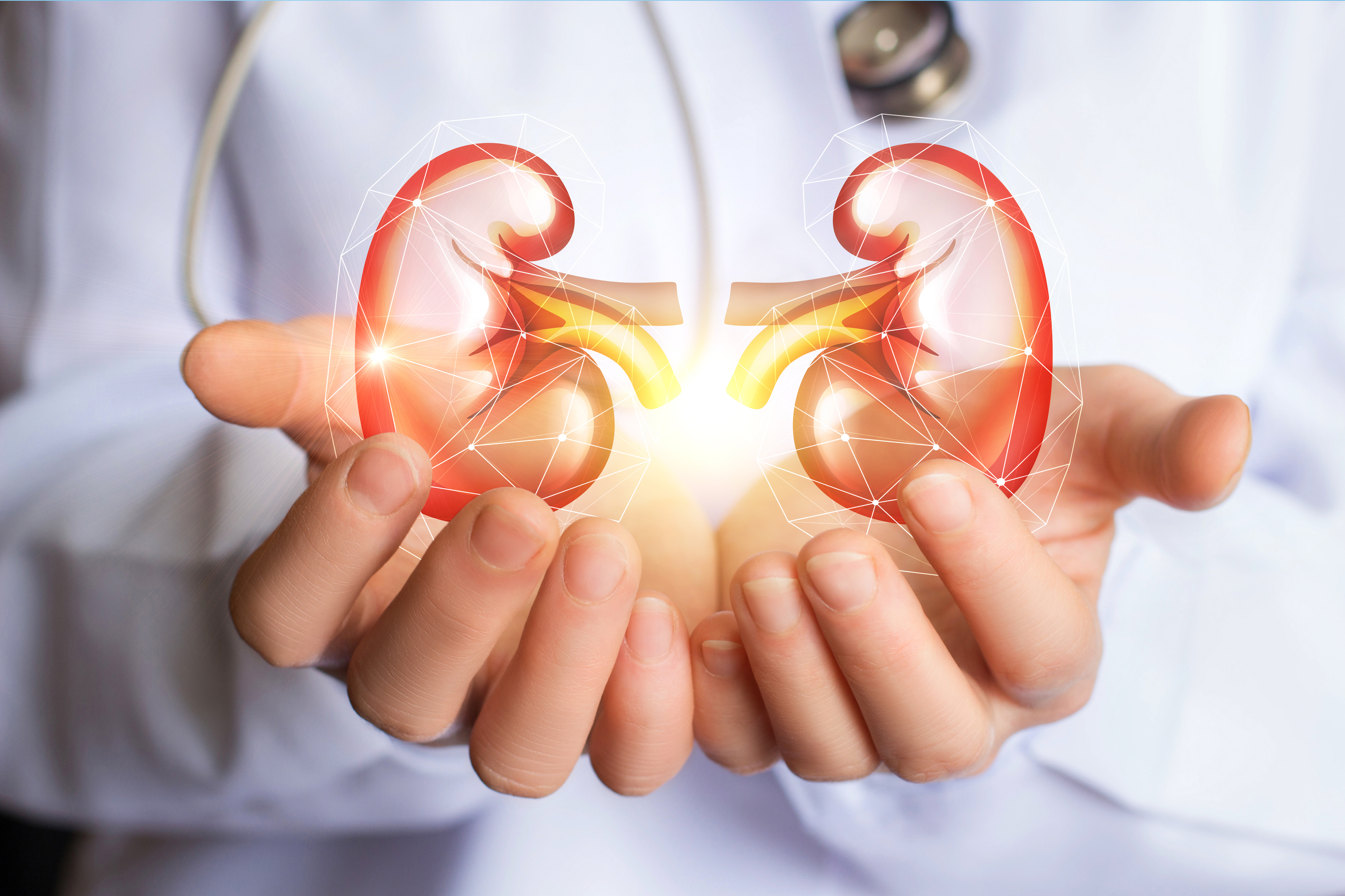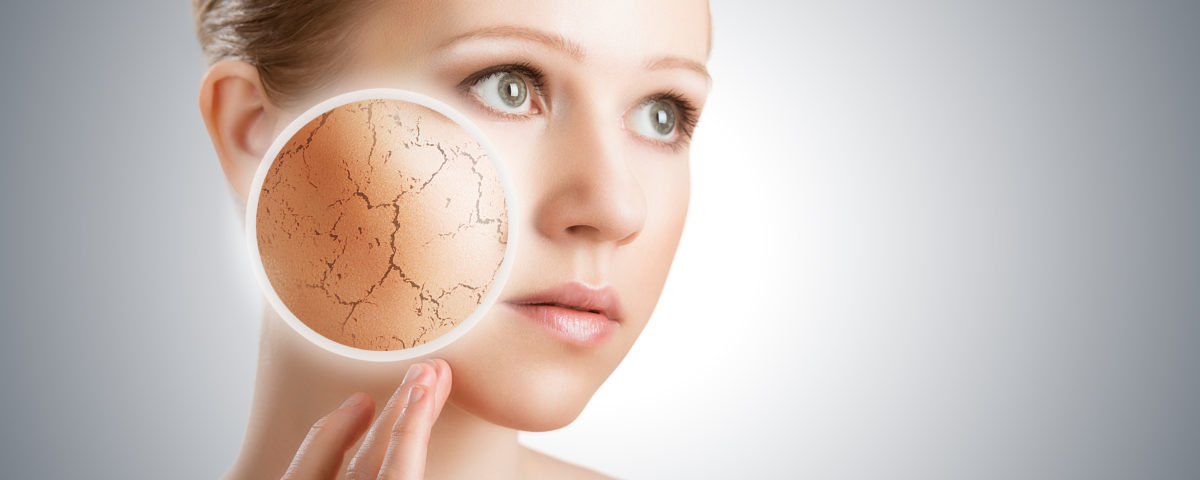9 major reasons for developing cracked heels

9 useful DIY remedies for chapped lips
December 15, 20176- Common Beauty Hacks That Actually Cause Harm to Your Skin
January 15, 2018Cracked heels are painful and an embarrassment. You can’t flaunt your feet because of your unsightly heels. You can’t wear shoes or boots because they cause you more pain. Apart from the pain, cracked heels are an open invitation to infections. Cracked heels are not just caused due to dry or cold weather. They can actually be indicators of much serious medical conditions like diabetes. Check out these 9 major reasons for developing cracked heels:
Diabetes
People who suffer from Type 2 diabetes are at much higher risk to develop cracked heels, because of uncontrollable levels of blood sugar. In fact, diabetes is the cause of nerve damage in feet, called peripheral neuropathy. Nerve damage can lead to dry skin, and thus cause feet and heels to become dry and cracked. If you have Type 2 diabetes, you should get your feet checked by a podiatrist regularly, as they can safely diagnose feet ulcers and clip toenails. If you hurt your feet and have diabetes, you can get infected easily.

Dry Skin
Cold weather and frequent showers or hot baths can cause cracked heels because of dryness. When the heel pad has to expand, if the skin on your feet is too dry and tight, the skin on your heels will split open. This may cause bleeding, soreness and/or fissures. Fissures on the skin increase the risk of infection, as viruses and bacteria can enter the body through them.

Obesity
Obesity also increases the chances of cracked heels as there is excess weight placed on the feet. The extra pressure causes the heel pad’s expansion, and if your skin is dry, it won’t be able to support the heel’s expansion and thus, the skin on the heels will crack.

Psoriasis, eczema etc
Skin conditions such as Psoriasis, eczema etc cause damage to the skin, and cracks can spread into the epidermis, which can draw blood too. Skin problems cause flaky skin and cause skin peeling which looks ugly and is painful as well.

Thyroid dysfunction
Thyroid dysfunction, especially an underactive thyroid, causes dryness and cracked heels. The thyroid gland produces hormones which control hunger, sleep etc and controls healthy skin and hair. If you have cracked heels and have mood swings, muscle pain, fatigue, painful PMS, joint pain, it might mean that you are suffering from thyroid dysfunction.
Kidney problems
The kidneys detoxify the blood. Genetics, poor diet, lifestyle choices may stop the kidney from functioning at its best, and waste products remain in the blood. This causes flaking, itching and dry skin, which is aggravated by cold and windy winters.

Nutrient deficiency
If you do not have any kind of skin disease, kidney or diabetes, and are not overweight, but still you have very dry skin, it may mean that you might have some nutrient deficiency. You can get a test done to know for sure. Lack of vitamin A, D, E or potassium, and important fatty acids causes cracking and flaking.

Aging
With age, the production of different hormones is reduced, and the skin elasticity is reduced. The skin on the feet becomes thick and this thickened skin causes heels to crack. Regular care can help to reduce the dryness.
Wrong footwear
You may not be aware of it, but wearing shoes which don’t fit you well, especially if they are too small, can cause your heels to split open.
Genetics
You may blame your genes for cracked heels if you just can’t keep them soft and supple in spite of regular moisturizing. Like many other health conditions, skin quality is also dependent on genetics. So persistently dry feet may be due to your genes.
A few simple tips to heal cracked heels:
There are a few things you can do to keep your heels supple and soft, such as:
Slathering your feet with moisturizing lotion and then wearing socks before going to bed will give a good 8-10 hours for the lotion to soak in.
Use a pumice stone to smoothen and remove dry skin flakes regularly. It will make your callused and rough heels smooth and beautiful.
Drink lots of water and eat healthy food.
Cracked heels are not just unsightly but are painful too. They can also indicate the presence of certain diseases too and are therefore a kind of signal that your body is sending you.
Hence, if your problem persists even after following all these measures, you should visit a dermatologist, as that will help in identifying the root cause of the problem and in treating it.




